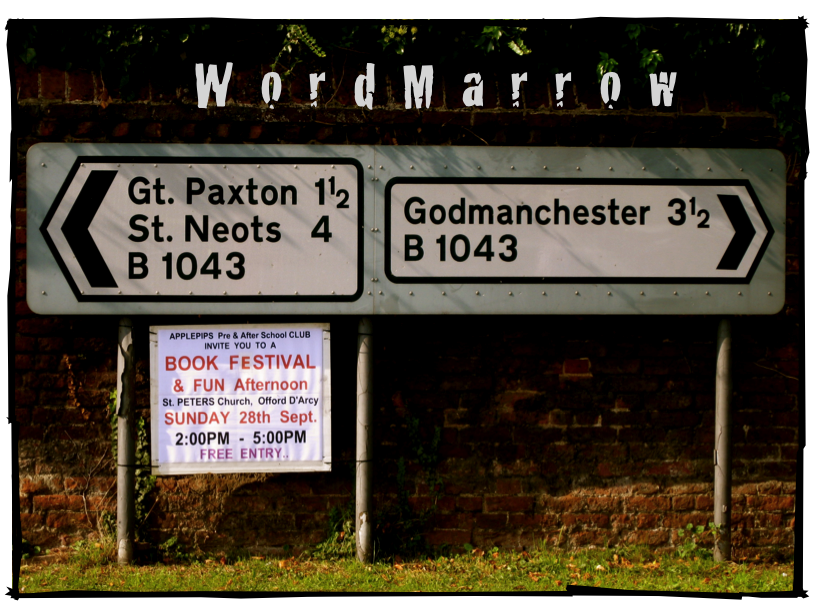when a reader comes to the last pages of a good book, they expect a satisfying "wrap-up" of events. similarly, a good film should tie up loose ends and avoid bringing in more problems, since the film will soon be over and any added conflict wouldn't resolve itself. the only reason this rule could possibly, maybe be broken is if there will be a sequel.
Ernest Hemingway did not abide by the Rule. and i am terribly disappointed.
i just finished Hemingway's A Moveable Feast and was thoroughly enjoying his recount of living in Paris in the 1920's as a young, impoverished writer. along the way we meet many well-known authors, such as Scott Fitzgerald and Gertrude Stein and Ezra Pound. and we come to respect Hemingway as a writer with integrity. he's poor, and goes without eating meals so that his wife and son can eat. he remains true to his professionalism and beliefs and is on the cusp of writing his first novel and being recognized as a respectable author. and then he does the unthinkable (if you plan on reading this book and don't want the ending spoiled, stop reading now):
he has an affair.
on the second to last page of the novel he has an affair with a woman from Paris and continues having an affair after the book ends. it's such an anti-climatic, depressing way to end an otherwise very enjoyable book that i'm not sure i can say i like it. the book was written by Hemingway in his last days, and it's about his life at 25 years old. the only conclusion i can come to is that Hemingway viewed the book as the beginning of a sequence--the sequence of his life. which means his affair was most likely a gateway to a completely different life than the one he described in the book.
he talks about the affair bitterly. i wonder if that's where his final thoughts were.

No comments:
Post a Comment